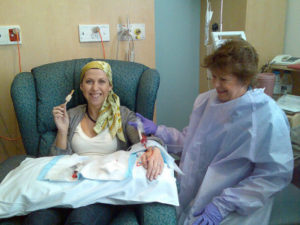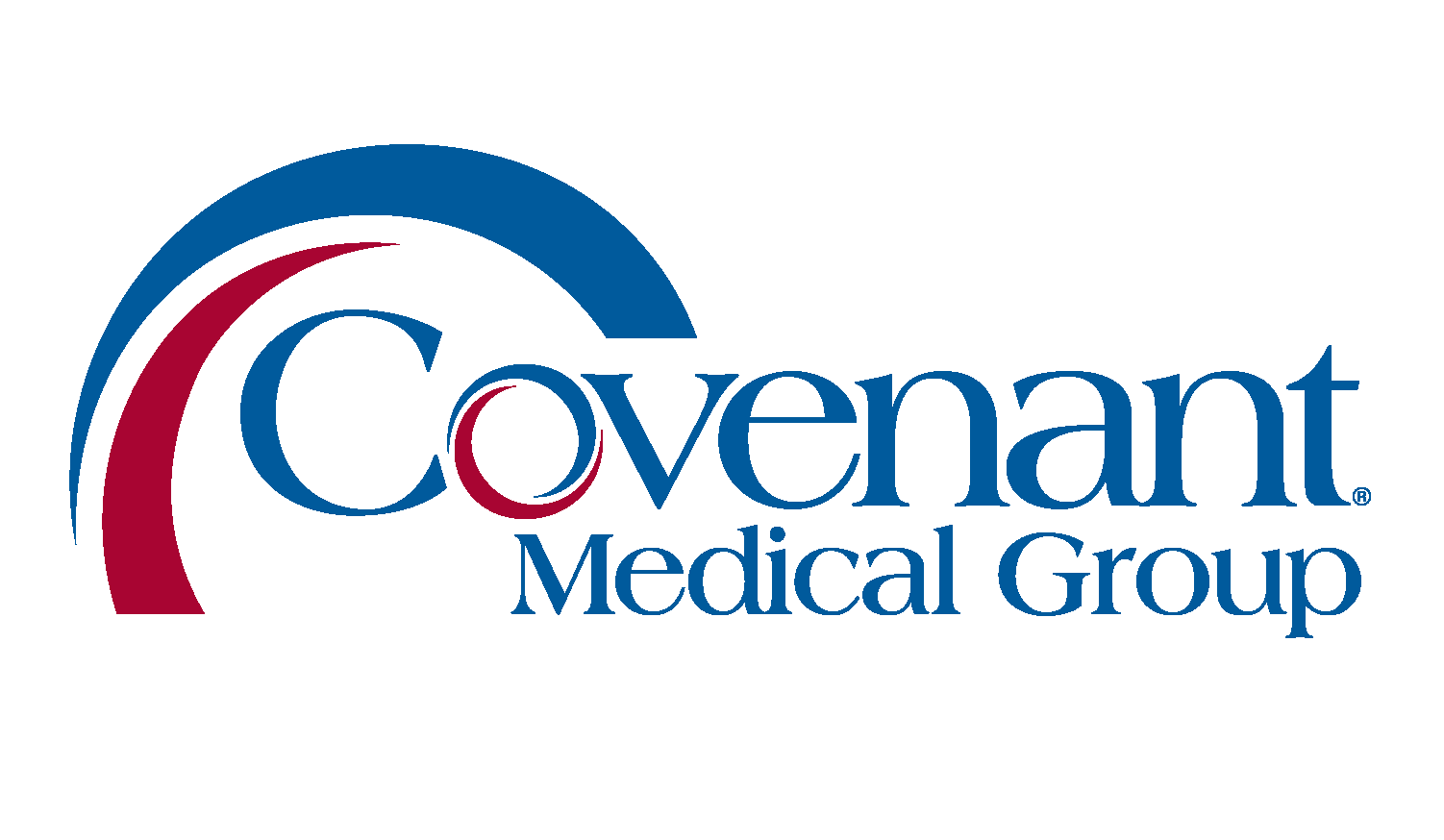 Lilly had found the lump exactly one month ago. She called her doctor immediately who arranged for a mammogram.
Lilly had found the lump exactly one month ago. She called her doctor immediately who arranged for a mammogram.
That day at the Breast Center was a day Lilly will never forget.
She had a mammogram and then she had an extra-squeeze mammogram, the one where they squeeze even harder. This was followed by an ultrasound followed by another ultrasound but by the radiologist this time. So much jelly and goop and pressing and scanning.
The radiologist informed Lilly that she thought the lump was a cancer. The radiologist wanted to do a Breast MRI first and then a needle biopsy.
So Lilly had an IV started in her left arm, she crawled onto a cold, metal board and had her Breast MRI.
And then came the biopsy. She laid on a faux-soft table, had goop slathered on her breast and a needle “gently” stuck into her breast – multiple times. She got “the phone call” the next day, the one where the radiologist tells you that you have breast cancer.
Lilly’s life was changed forever.
Lilly saw a breast surgical oncologist and had surgery to remove her cancer. But she was also going to need chemotherapy. She asked her breast surgical oncologist if she could have “chemo-lite?”
What is chemo-lite? Most women mean, “Can I have chemotherapy that has very little, if any side effects?” The truthful answer is, “No.” Chemotherapy is a cocktail of medications that kill cancer cells, but they can also kill healthy human cells. Thus the side effects.
While there are many different types of chemotherapy and the degree of the side effects can be change from medication to medication, the truth is that all chemotherapy regimens have serious side effects that cannot be avoided.
The chemotherapy must be strong enough to kill breast cancer cells and therefore the chemotherapy will be strong enough to kill healthy human cells. All chemotherapy will have side effects and some regimens will have worse side effects, but none of the regimens can be call “chemo-lite.”
The future, however, is promising. Many breast cancers have growth mechanisms that can be targeted and if these growth mechanisms can be identified and shut down, then maybe chemotherapy will not be needed. Many breast cancers are estrogen fed and thus their growth mechanism can be shut down with an anti-estrogen medication which has far less side effects than chemotherapy.
Some breast cancers are Her2+ and their growth mechanism can be shut down with anti-Her2 medications. While these tumors still require chemotherapy, newer studies are suggesting that smaller Her2+ tumors may not need chemotherapy, but anti-Her2 targeted therapies only which have much less side effects.
Chemotherapy is not ideal, we all hate to lose our hair (everywhere!), we hate the nausea, we hate the ”chemo-brain” and we hate the nerve injuries.
But chemotherapy is a blessing in that we can kill cancers and give women like Lilly a better chance at long term survival. Nonetheless, we are always trying to get away from chemotherapy and use targeted therapies whenever possible.
Lilly had her chemotherapy and then an anti-estrogen pill. She hated losing her hair, but her hair did grow back. Lilly plans on living a long, healthy life filled with the joys of grandchildren and long walks on the beach with her husband. Chemotherapy gave her that chance.
